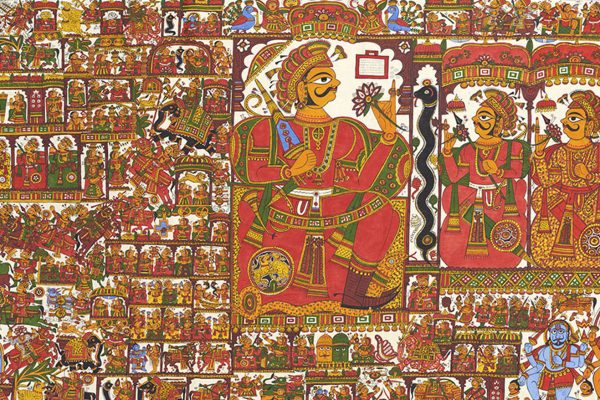
Uncovering the Veil of History: Exploring Alleged Cover-Ups in Indian Historical Narratives
In the intricate tapestry of India’s historical narrative, the quest to uncover alleged cover-ups reveals a complex interplay of interpretations and omissions spanning millennia. From the enigmatic Indus Valley Civilization to the contentious Aryan Invasion Theory, ancient epochs have been scrutinized for their implications on cultural identity and societal evolution. Colonial influences, marked by selective narratives and ideological biases, further shaped perceptions of India’s past, perpetuating distortions that continue to echo in modern historiography. Key figures like Gandhi and Nehru, pivotal in India’s independence, are subjects of ongoing debate, their legacies scrutinized amid allegations of historical revisionism. The partition of India in 1947 remains a poignant reminder of historical complexities, its interpretations reflecting divergent national narratives and communal identities. As India navigates its historical depths, confronting controversies with scholarly rigor promises a more nuanced understanding that embraces diverse perspectives, enriching our collective appreciation of the subcontinent’s rich and multifaceted history.








